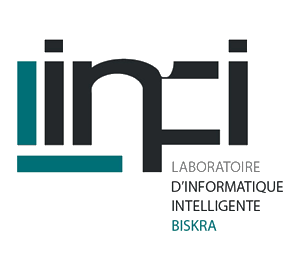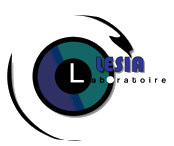About the Symposium
About
The International Symposium on iNnovative Informatics of Biskra (ISNIB) is the succession of the eighth previous editions of SNIB (SNIB'1995,SNIB'2008,...,SNIB'2015,ISNIB'2022). The Symposium provides a professional forum for sharing new findings and results in theory, methodology and application In various areas of computing such as Artificial Intelligence, Image and Computer Vision, Internet-of-Things, Software engineering, Networking, Data mining and optimization.
Goal
Our event aims to unite academics and industry professionals, facilitating the exchange of state-of-the-art developments in computer science, information technology, and engineering. We also welcome interdisciplinary research and practical applications, fostering collaboration among diverse fields to drive innovation and address real-world challenges.
Submissions
Authors are invited to submit high-quality original papers reporting original research of theoretical or applied nature for presentation at the Symposium and publication in the ISNIB 2025 Proceedings. All papers will be reviewed and evaluated by at least three independent experts and selected based on their originality, merit, and relevance to the Symposium.
ISNIB'2025
ISNIB'25 will be held at Mohamed Khider University, Biskra, Algeria.
January 28-30th, 2025
Committees Chairs
Honorary Chairs
-
Rector of Mohamed khider University, Biskra, Algeria
-
Dean of the faculty of exact sciences, khider University, Biskra, Algeria
Program Chairs
-
Mohamed khider University, Biskra, Algeria
-
Mohamed khider University, Biskra, Algeria
Organizing Chair
-
Mohamed khider University, Biskra, Algeria
Publication Chairs
-
Mohamed khider University, Biskra, Algeria
-
Mohamed khider University, Biskra, Algeria
Tracks
The ISNIB aims at bringing together researchers and practitioners designing and deploying systems that belong to one of the six tracks of the symposium. Topics of interest include, but are not limited to:
Track 1. Artificial Intelligence
- Multi-Agent systems
- Ambient Intelligence
- Smart cities, Smart houses, Smart grids
- Robotics
- IoT, Cloud Computing, cyber-physical systems
- Genetic algorithms and evolutionary methods
- Digital Twin (DTs)
- Data-centric systems
- Industry 4.0, Agriculture 4.0
- Smart farming
- Prognostic and Health Management
- Deep learning
Track 2. Image and artificial life
- Image synthesis
- Artificial life
- Image processing
- Crowd simulation
- Virtual environment
- Automatic image & video annotation
- Content-based image retrieval
- Cryptography, steganography & watermarking
- Image coding and compression
- Image filtering, smoothing, and enhancement
- Image segmentation, feature detection and extraction
- Augmented and mixed reality
- Biometrics, facial recognition
- Object detection and recognition
Track 3. Software Engineering
- Distributed, complex, embedded and critical systems
- Business process modeling, software production lines
- Formal specification, modeling and verification
- Reconfigurable systems development
- Blockchain, IoT, Cloud Computing
Track 4. Computer Networks
- Intrusion Detection
- 5G networking
- Wireless networking
- Intelligent Network Technologies for the IoT
- Software-defined networks (SDN),
- Wireless sensor networks and Intelligent Networks
- IoT, Cloud computing, Edge computing
Track 5. Data mining and optimization
- Theory, algorithms and models of data mining
- Machine learning for data mining
- Statistical methods for data mining
- Data mining systems
- Data mining in personalization and recommendation
- Similarity-Based Reasoning
- Data models and architectures
- Algorithmic Game Theory
- Sub-modular Optimization
- Graph Theory and Graph Algorithms
- Combinatorial Optimization
- Scheduling
- Optimization Algorithms in Machine Learning
Track 6. Parallel Computing and Systems
- Software-defined fog node in blockchain architecture
- Multi clustering approach in mobile edge computing
- Distributed computing & smart city services
- Geo distributed fog computing
- Distributed trust protocol for IaaS cloud computing
- Parallel vertex-centric algorithms
- Partitioning algorithms in mobile environments
- Distributed computing with delay tolerant network
Submissions & Publication
Authors are invited to submit high-quality original papers reporting original research of theoretical or applied nature for presentation at the conference and publication in the ISNIB 2025 Proceedings. All papers will be reviewed and evaluated by at least three independent experts and selected based on their originality, merit, and relevance to the conference.
The manuscripts must be prepared in English, following the IEEE two-column Manuscript Templates for Conference Proceedings (Available here). Submissions will be made using the CMT microsoft system . The submission link for ISNIB 2025 can be found here
Keynote Speakers
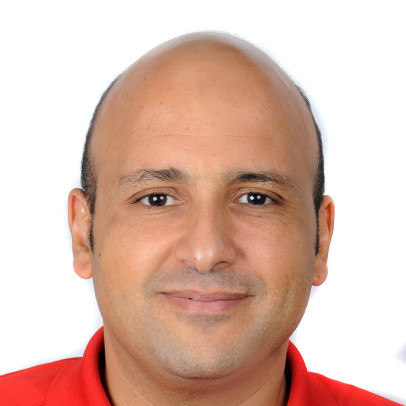
Mohamed Khalgui
German International University,Berlin, Germany

Oussama Djedidi
University of Doha, Doha , Qatar
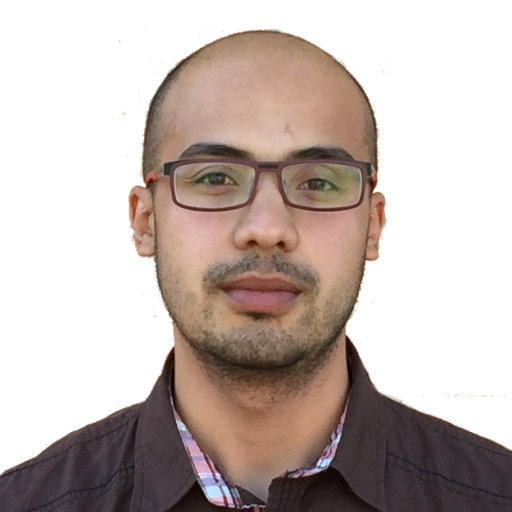
Chaker Abdelaziz Kerrache
Amar Telidji University, Laghouat, Algeria
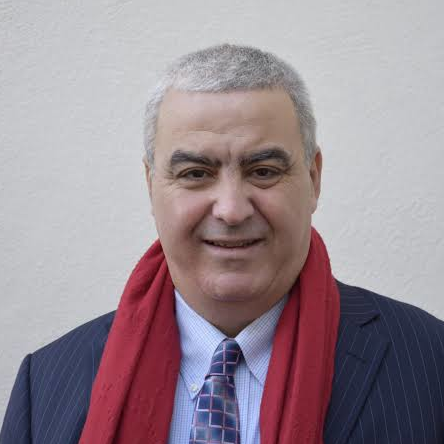
Abdelhamid Mellouk
Paris-Est Créteil University (UPEC), Paris, France
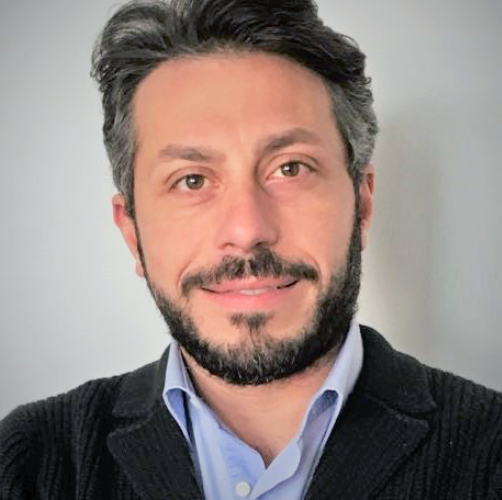
Massimo Merenda
University Mediterranea of Reggio Calabria, Italy

GAMMOUDI Mohamed Mohsen
ISAM Manouba University, Tunisia

